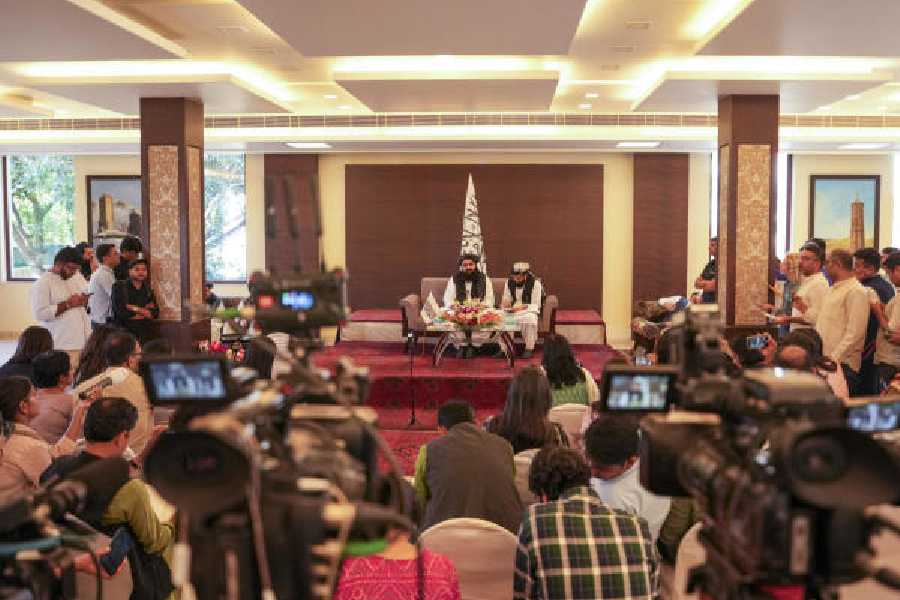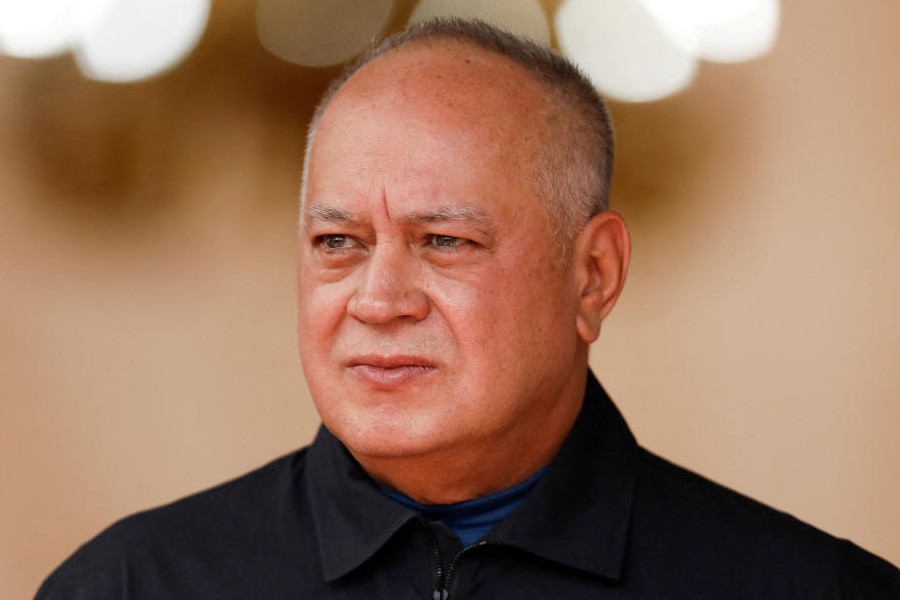When the external affairs minister, S. Jaishankar, shook hands with the Taliban’s foreign minister, Amir Khan Muttaqi, in New Delhi last week, the moment crystallised years of mostly behind-the-scenes diplomacy that has reshaped South Asia’s geopolitical landscape. India announced it was fully re-establishing its embassy in Kabul, four years after the Taliban grabbed control of that country. Mr Muttaqi was consistently described as Afghanistan’s foreign minister in his meetings with Indian officials. The message was clear: India was de facto recognising the Taliban government in Afghanistan and establishing diplomatic ties with it even though it has not officially said so. This is a dramatic turnaround from the deep hostilities that marked, for a quarter of a century, India’s relations with the Taliban, which for long counted Pakistan’s intelligence agencies as its chief patron. All of that has changed. On the day that Mr Muttaqi landed in India, Kabul and eastern Afghanistan witnessed explosions that the Taliban blamed on Pakistan. Since then, the Pakistani military and the Taliban have exchanged heavy fire along their border. Pakistan accuses the Taliban of sheltering the Tehrik-e-Taliban Pakistan, which Islamabad accuses of being behind many of the deadliest terror attacks inside Pakistani soil in recent years. The Taliban denies that it is offering sanctuary or support to any terror group.
It is undeniably a strategic gain for India to have Afghanistan’s rulers close to its orbit and for them to view Pakistan with distrust. Yet the Indian government must stay aware of the limitations — and the risks — of this embrace of the Taliban. The Taliban, like India, views this relationship through the lens of strategic pragmatism as it tries to gain international legitimacy and secure foreign aid. Once the Taliban can count on multiple partners, there is no guarantee that fresh tensions with India will not emerge. The Taliban is also a fundamentally undemocratic, anti-women movement whose instincts rail against India’s constitutional and civilisational values. If the government needed any reminder, Mr Muttaqi provided it during his visit when women journalists were barred from his press conference at Afghanistan’s embassy. Whether the Indian government should have done more to avoid this unacceptable discrimination on the country’s soil — albeit inside the Afghanistan embassy where Kabul has sovereign rights — remains a matter of debate. But the incident demonstrates why India must lay down its red lines clearly with the Taliban. Or the handshake between them will not stay firm.










